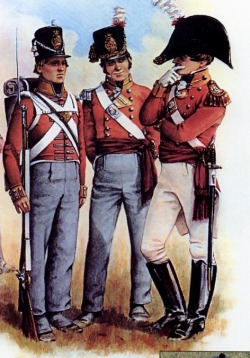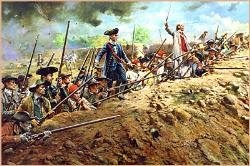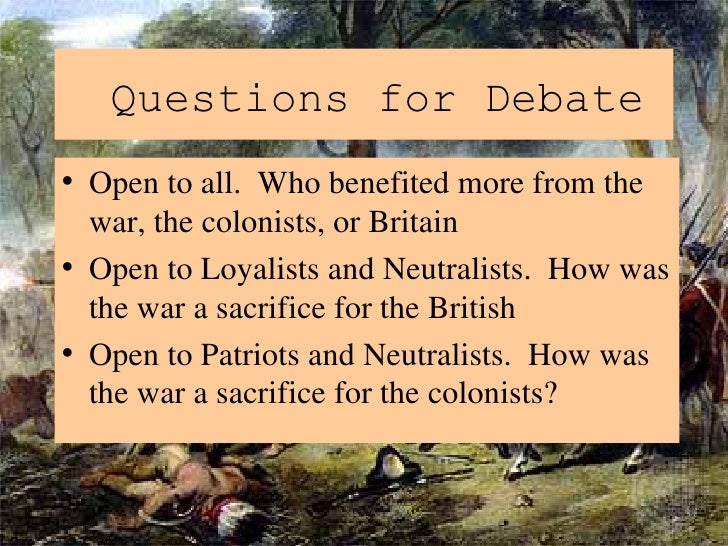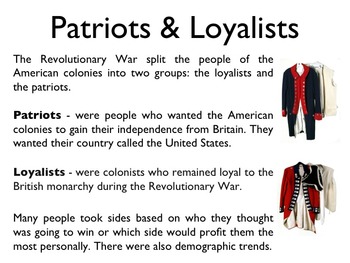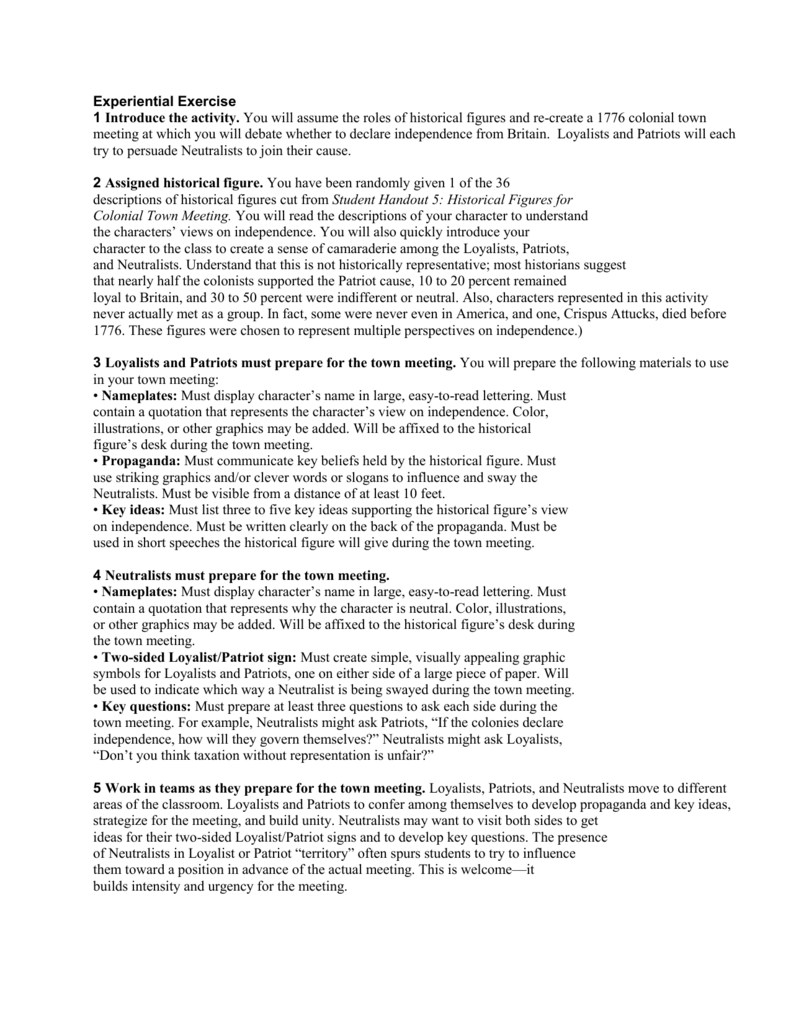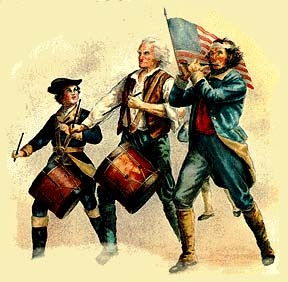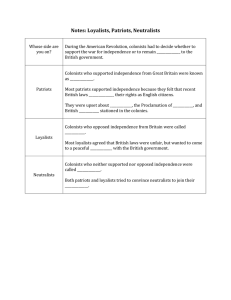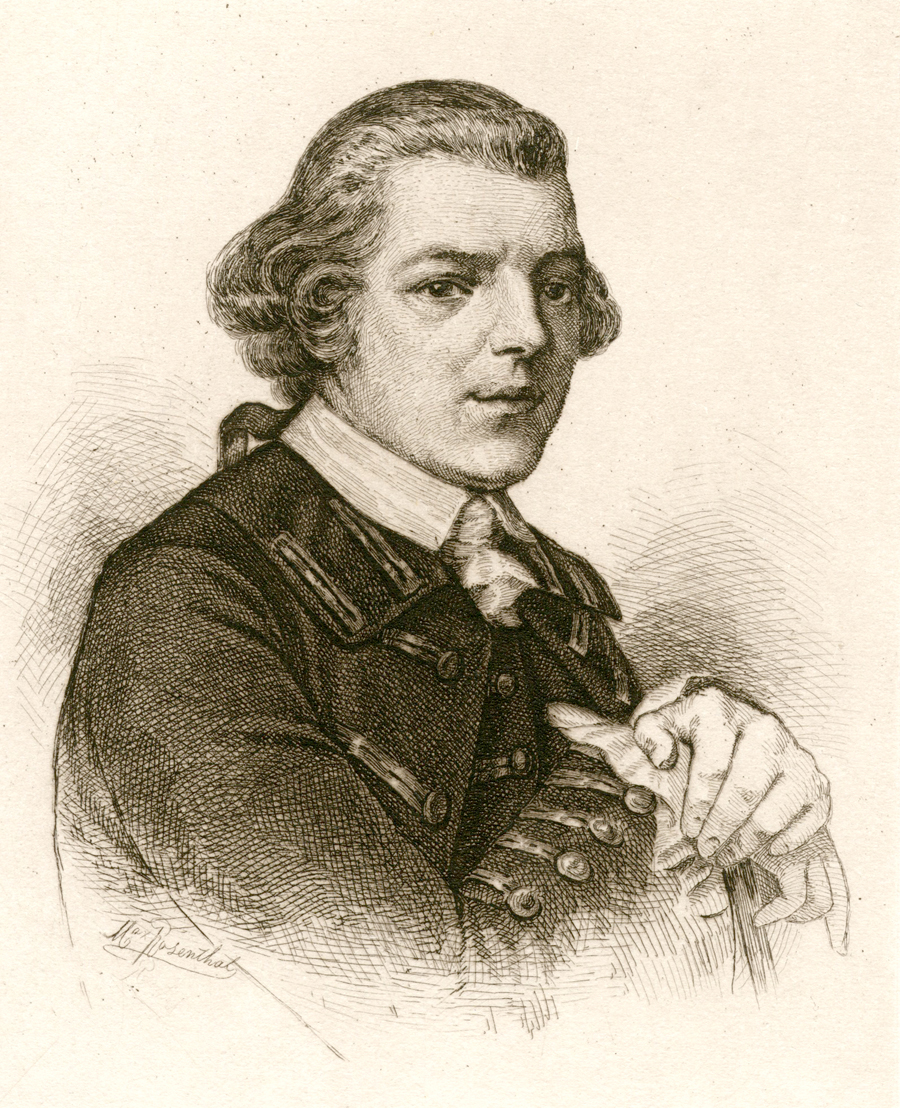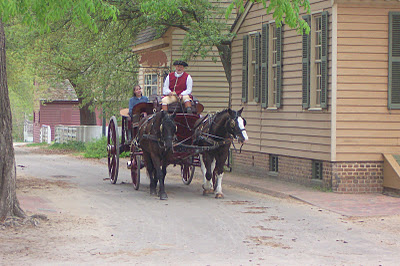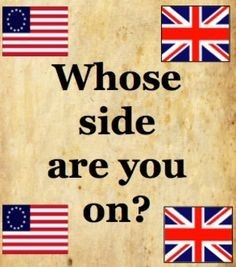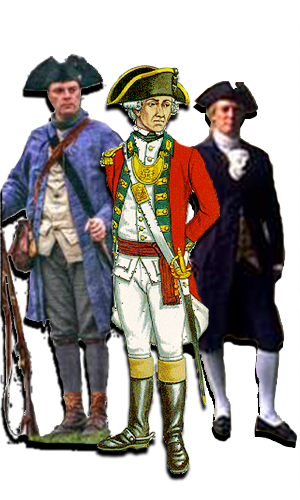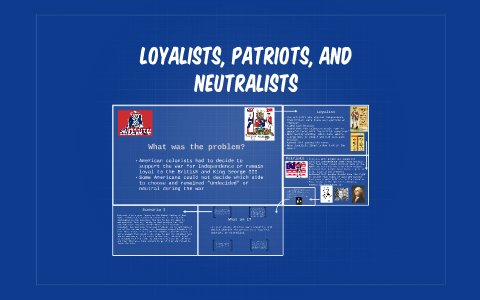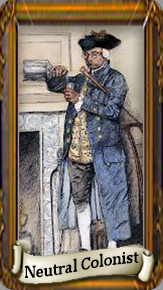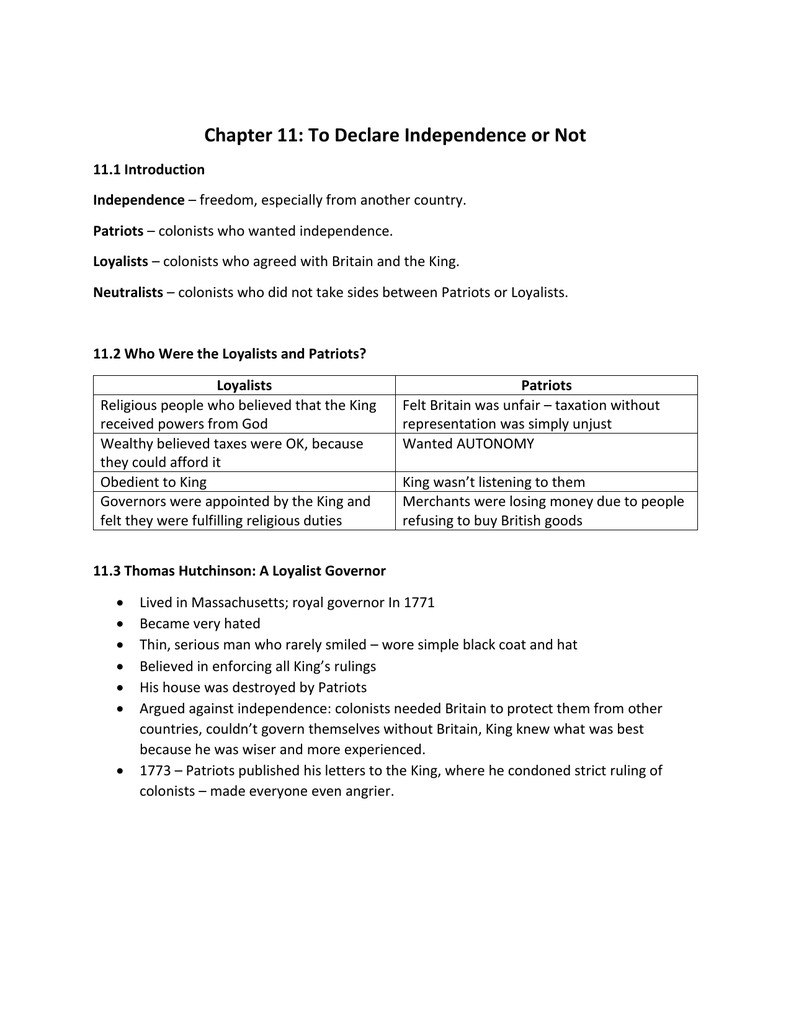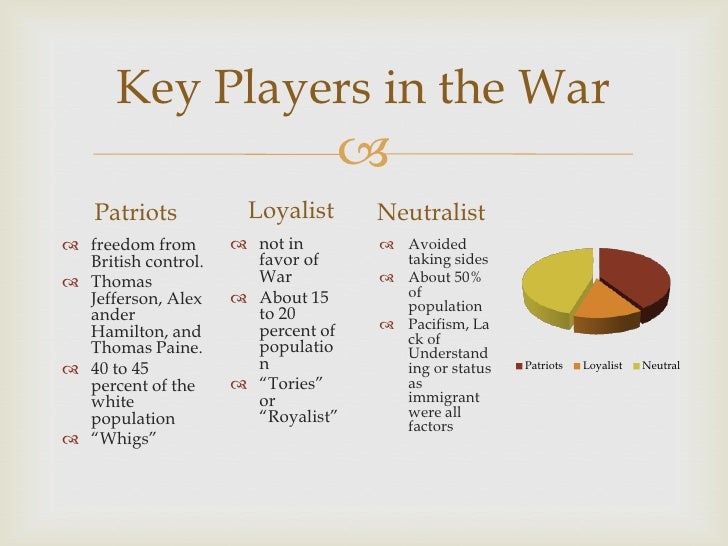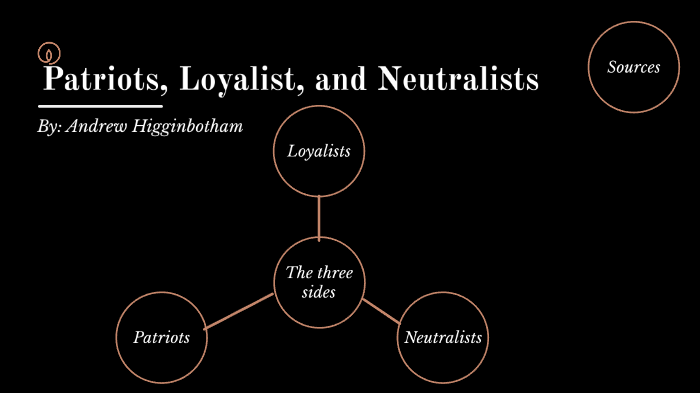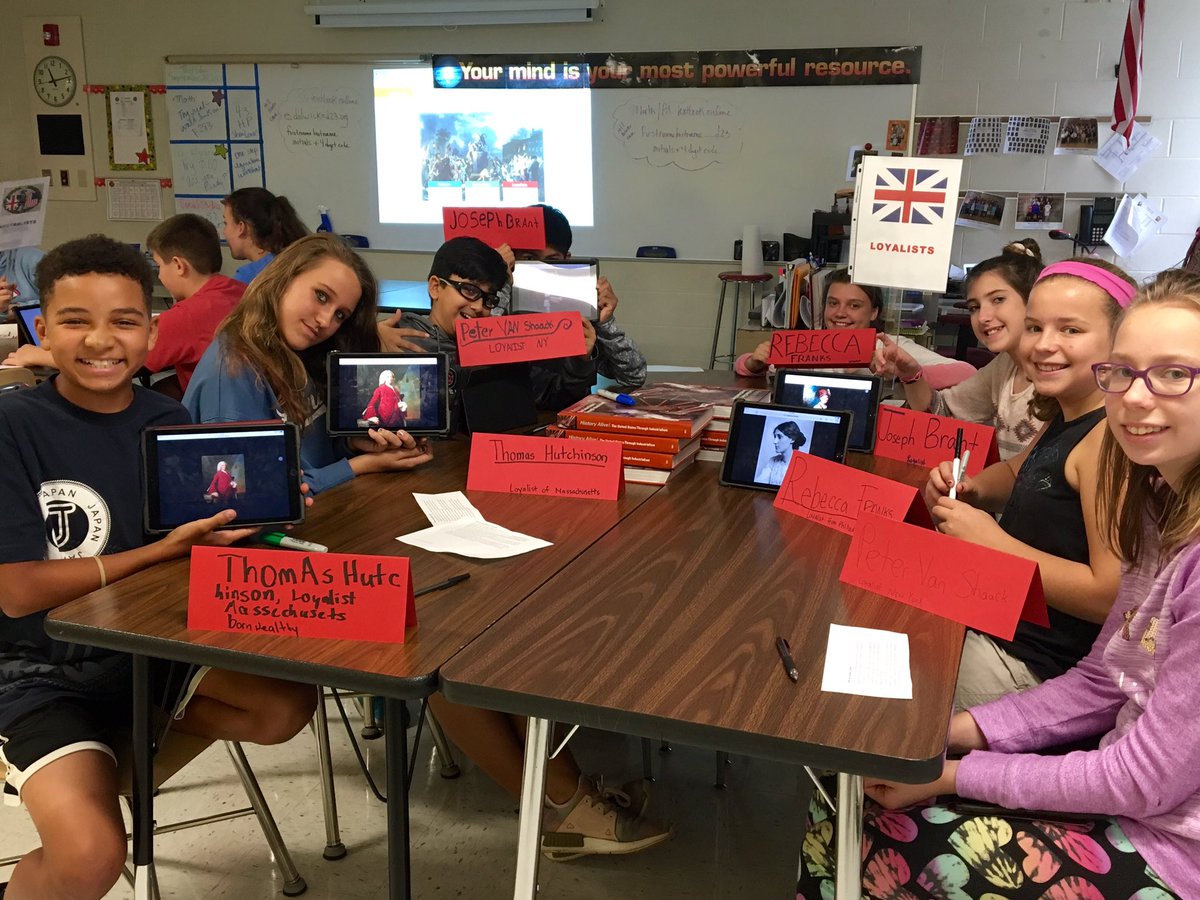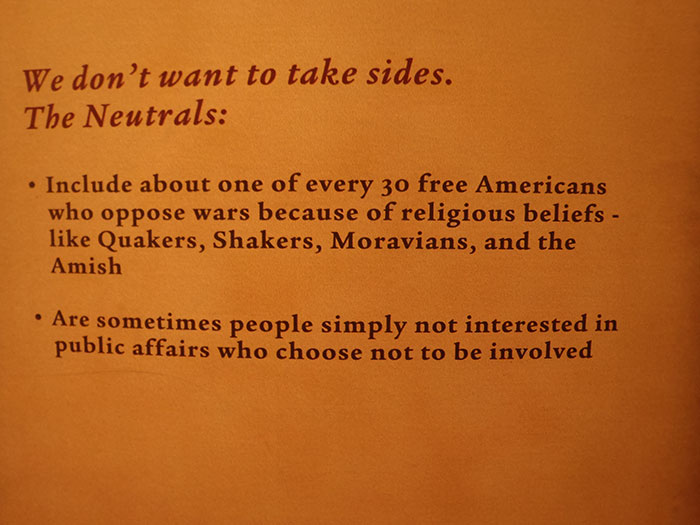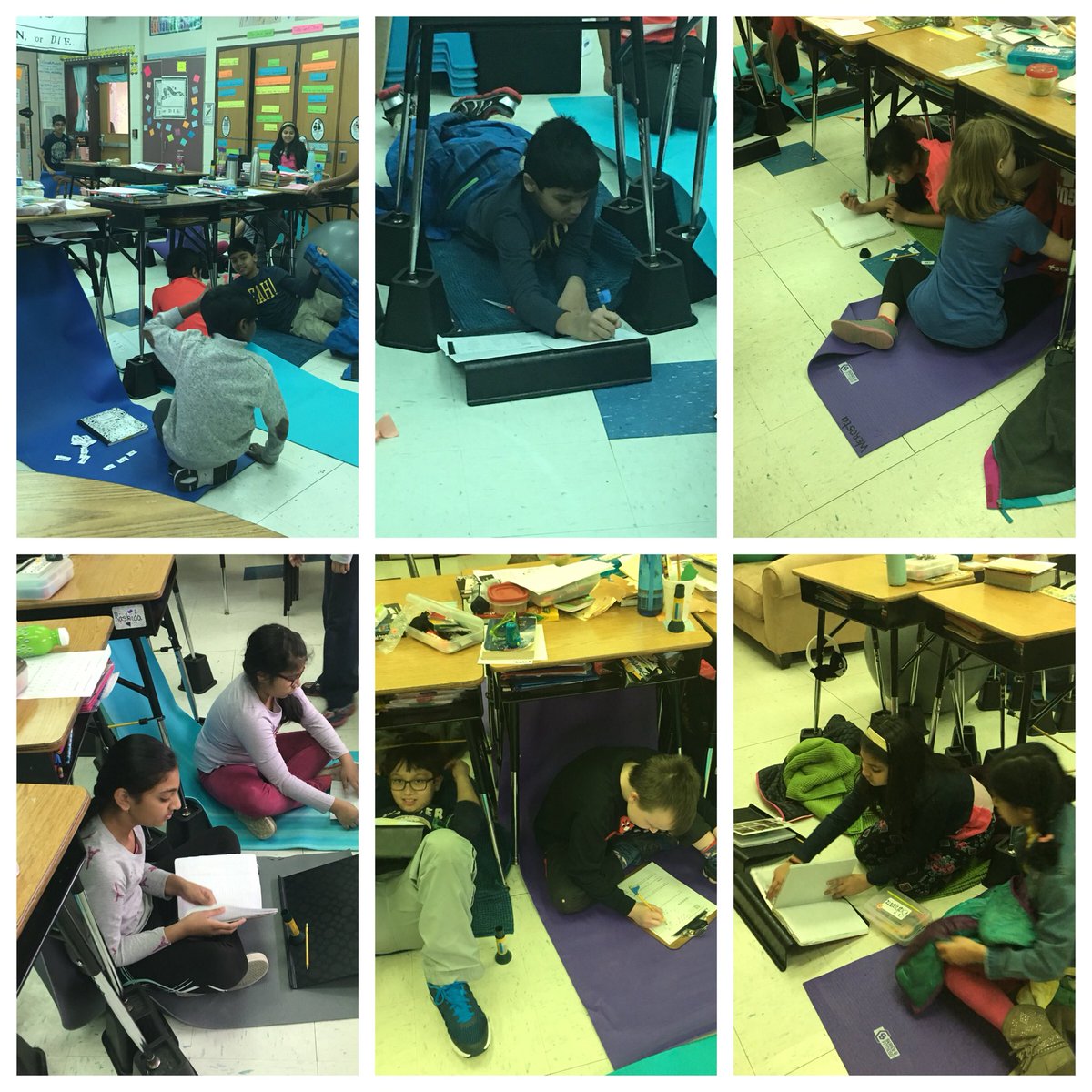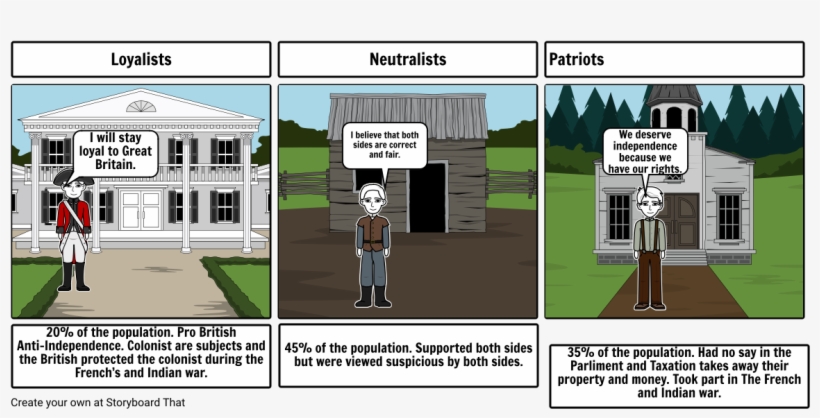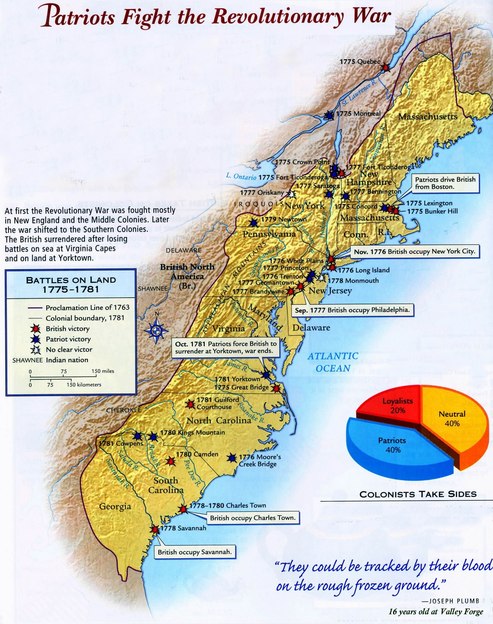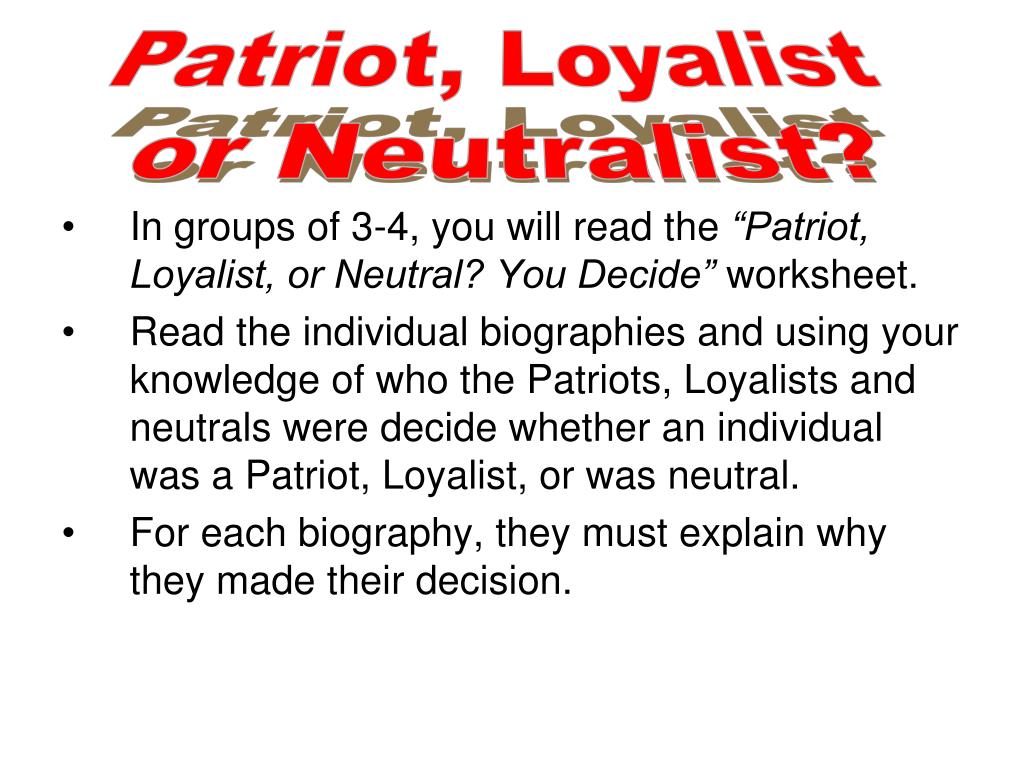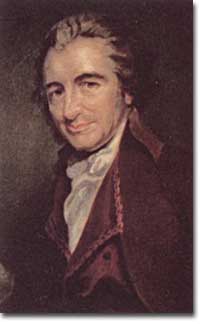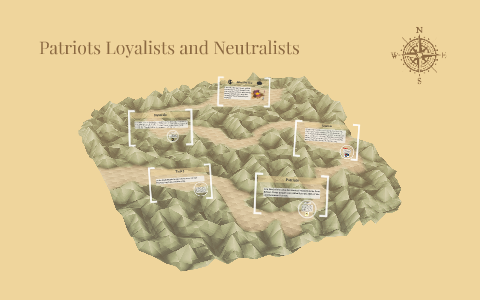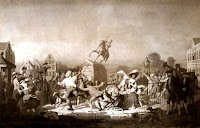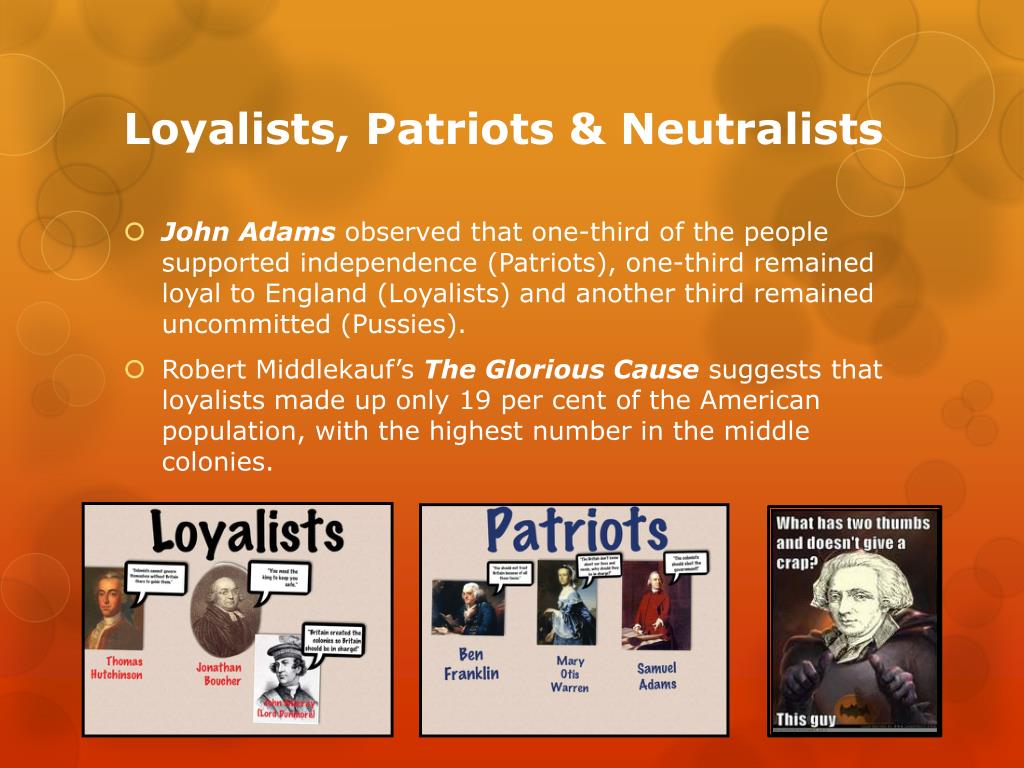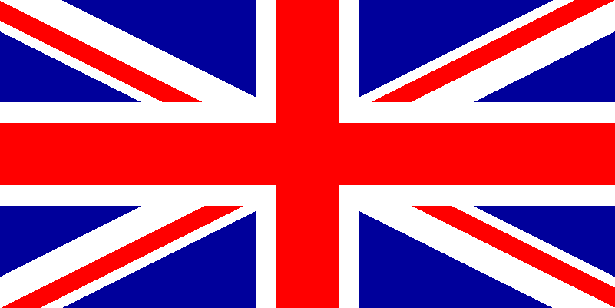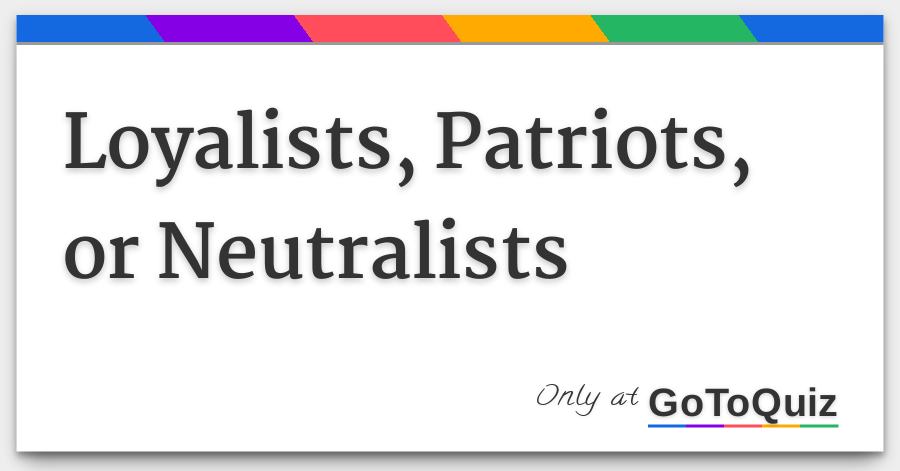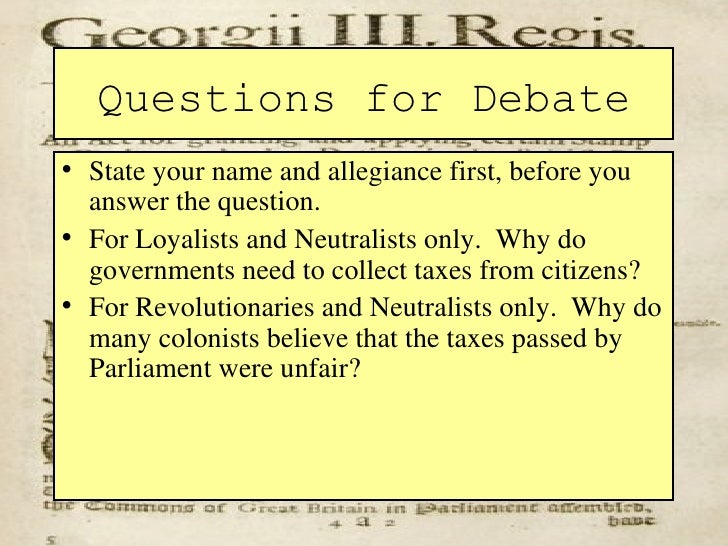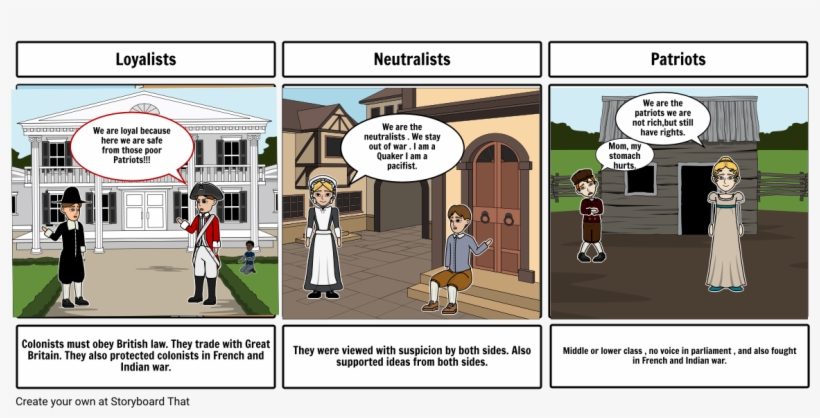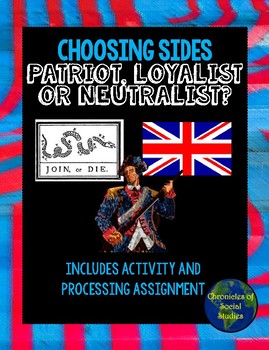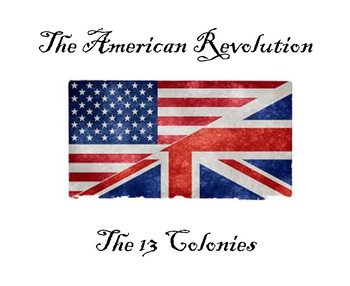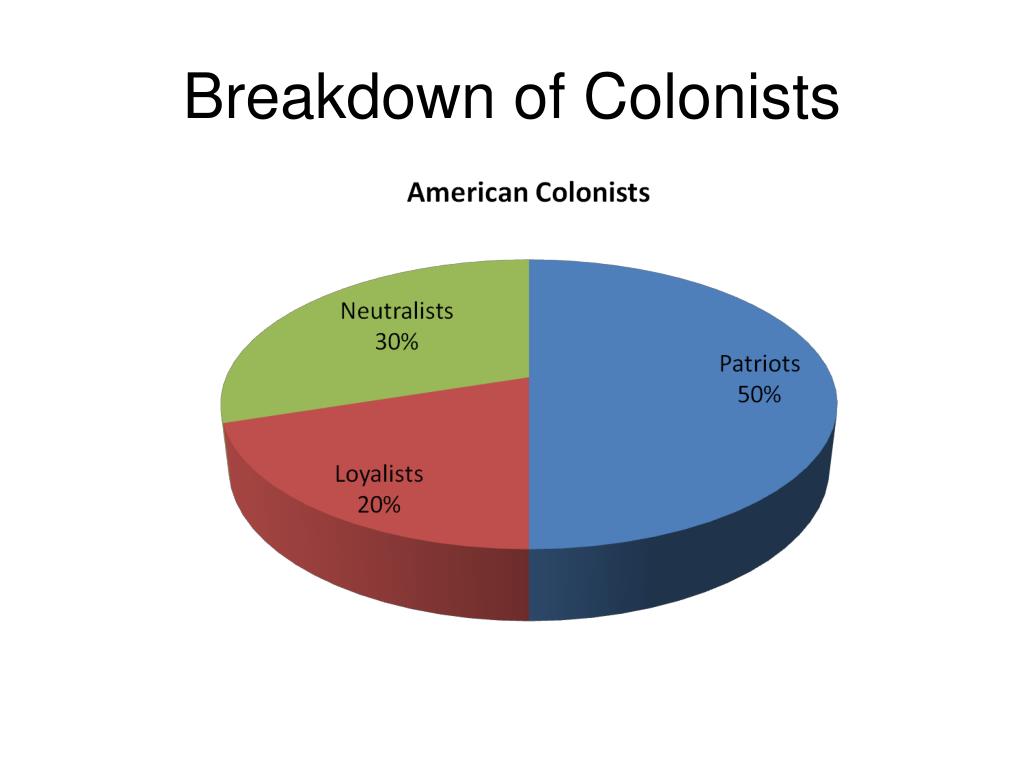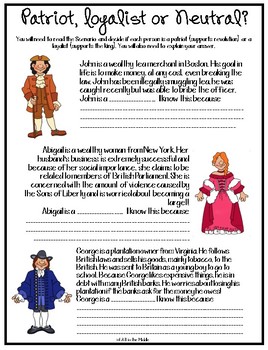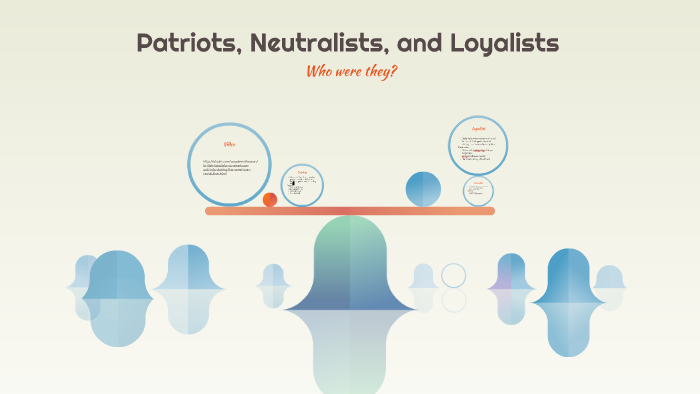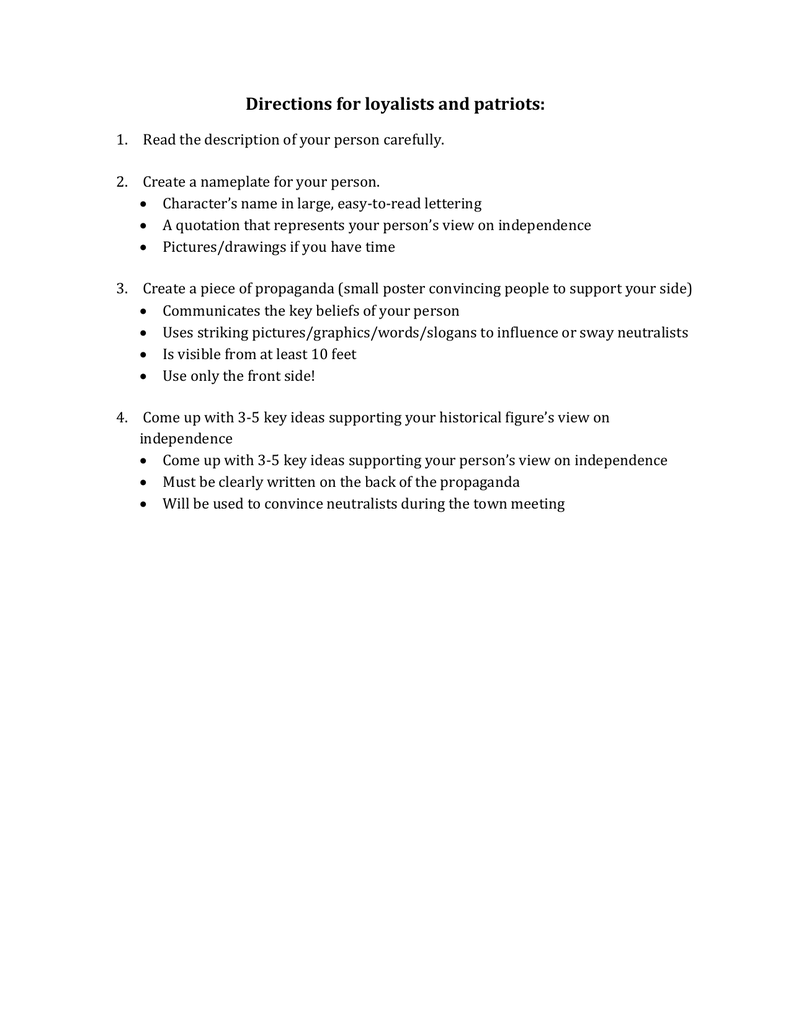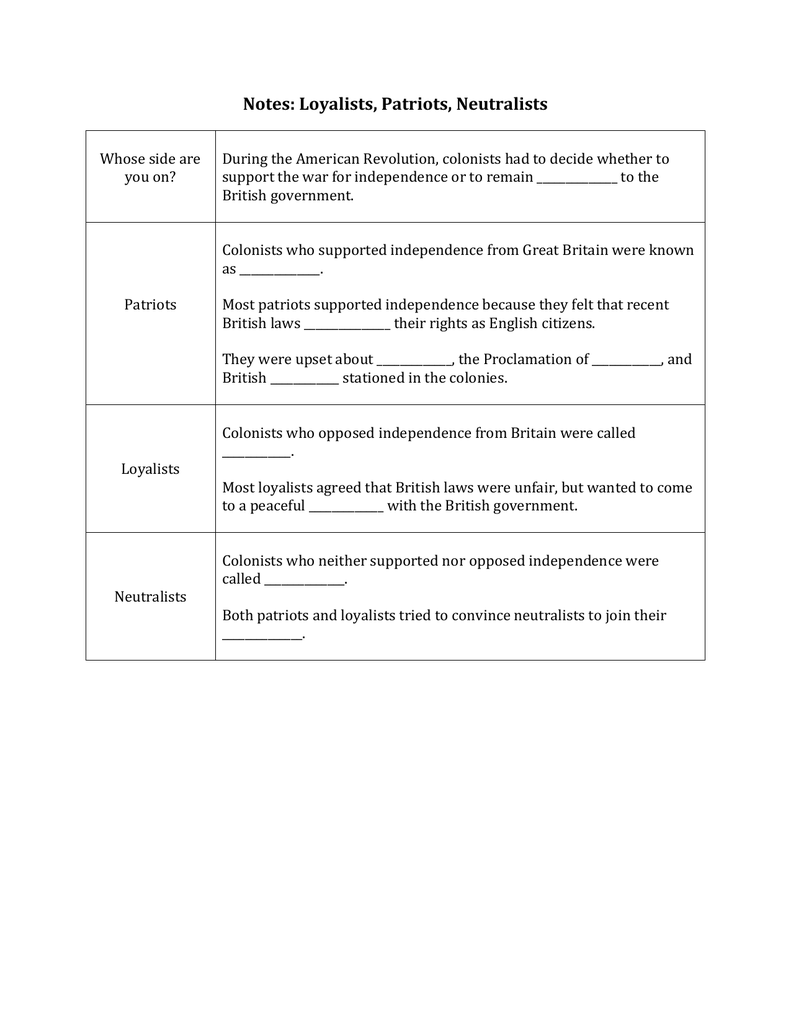Patriots Loyalists Neutralists
Loyalists fence sitters and patriots 11b.
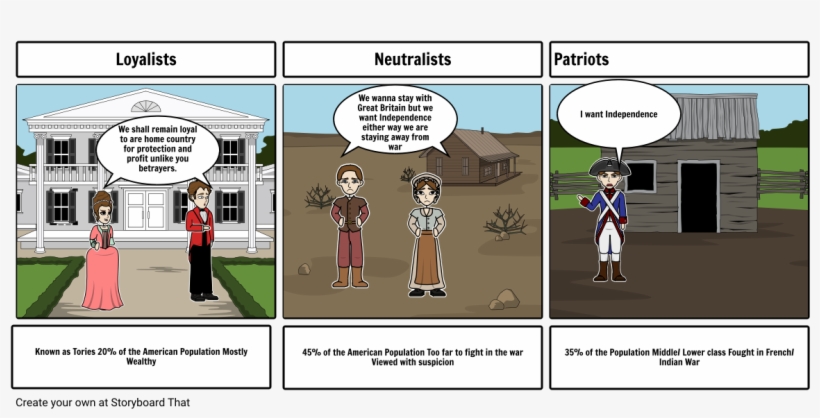
Patriots loyalists neutralists. Ultimately americans remained loyalists or joined the patriot cause based on which side they thought would best promote their interests. Another famous loyalist was joseph galloway who was the pennsylvania delegate to the continental congress but later worked for the british army. The other 35 40 were neutralist in the war. Benedict arnold was a general in the continental army who went to fight for the british.
What were the percentages of patriots loyalist and neutralists in the colonies. Famous loyalists since the loyalists lost the war there arent as many famous loyalists as there are patriots. About 15 20 supported britain and were loyalist. Neutrals colonists who were too far away to fight or embraced the beliefs of both parties were referred to as neutralists.
Sided with britain hoped that the colonists would come to peaceful terms with the british government were mostly wealthy white land owners. Loyalists patriots and neutralists loyalist the colonists who opposed independence from britain were known as loyalists or tories. Neutrals or neutralists didnt partake in the battles that their patriot and loyalist brethren often fought. Loyalists fence sitters and patriots.
The neutralists were the british colonists that who really didnt have an opinion on who was better the patriots or the loyalists they both had some flaws in the eyes of the neutralists. These are ready to use patriots and loyalists worksheets that are perfect for teaching students about the time during the american revolutionary war when the people living in the thirteen american colonies had to decide whether they wanted to break away from the british rule and gain independence or remain british citizens. These two groups were the patriots and the loyalists. It is impossible to know the exact number of american colonists who favored or opposed independence.
After patriots tore down the statue of king george iii in new york city on july 9 1776 they melted parts of it down and made bullets to use against the british. American colonists who did not support either side loyalist or patriot in the fight for independence from great britain benjamin franklin american intellectual inventor and politician he helped to negotiate french support for the american revolution. This is the main difference between the two words. Prominent merchants in port cities and men with business or family ties to the elite class in great britain tended to remain loyal to the crown whereas patriots were comprised largely of yeoman farmers.
The neutralists were the ones that after the war some left and some stayed and some left they kind of rolled with the punches that came from the british and the patriots. On the other hand a loyalist is a person who remains loyal to the established ruler or government.
